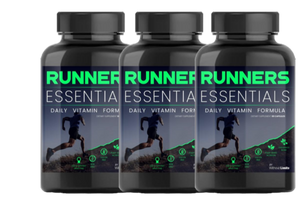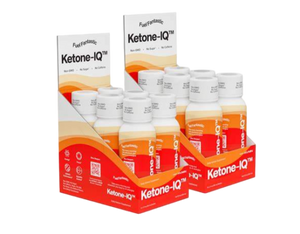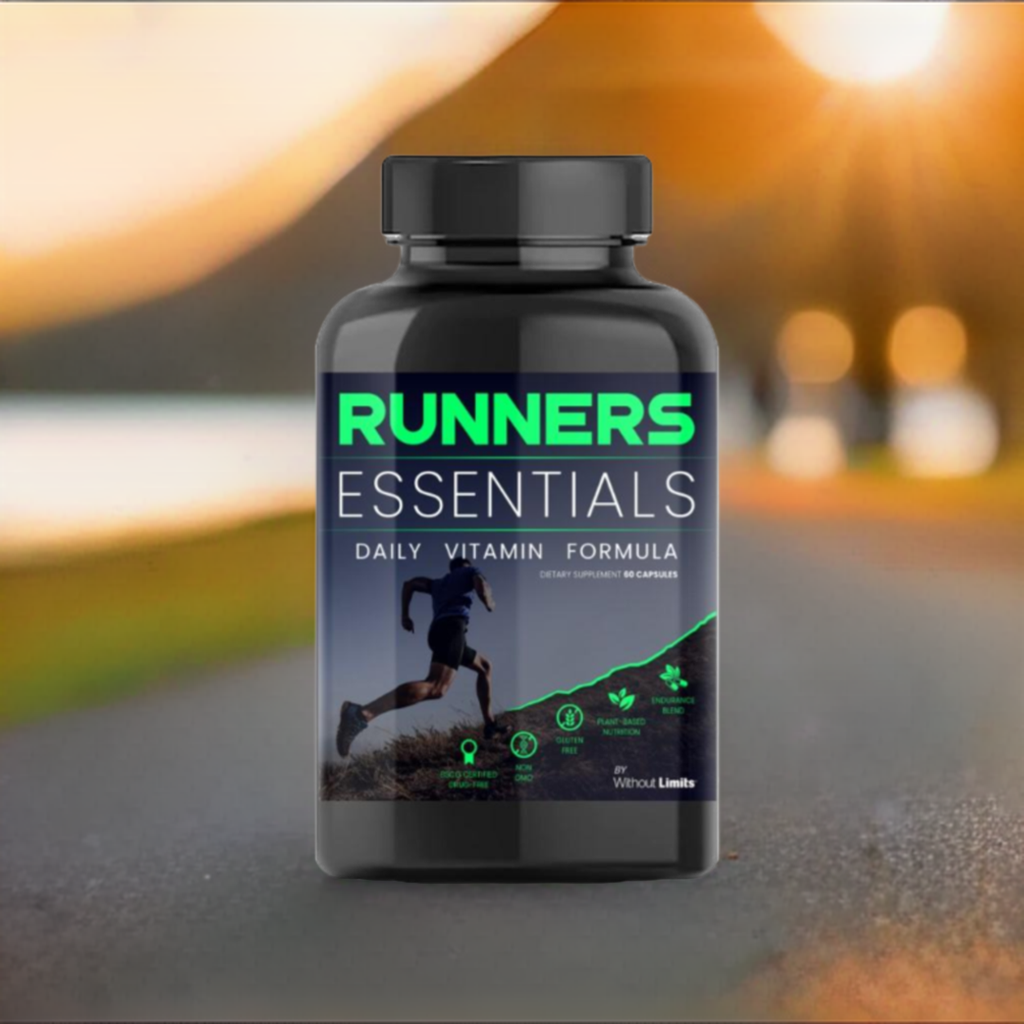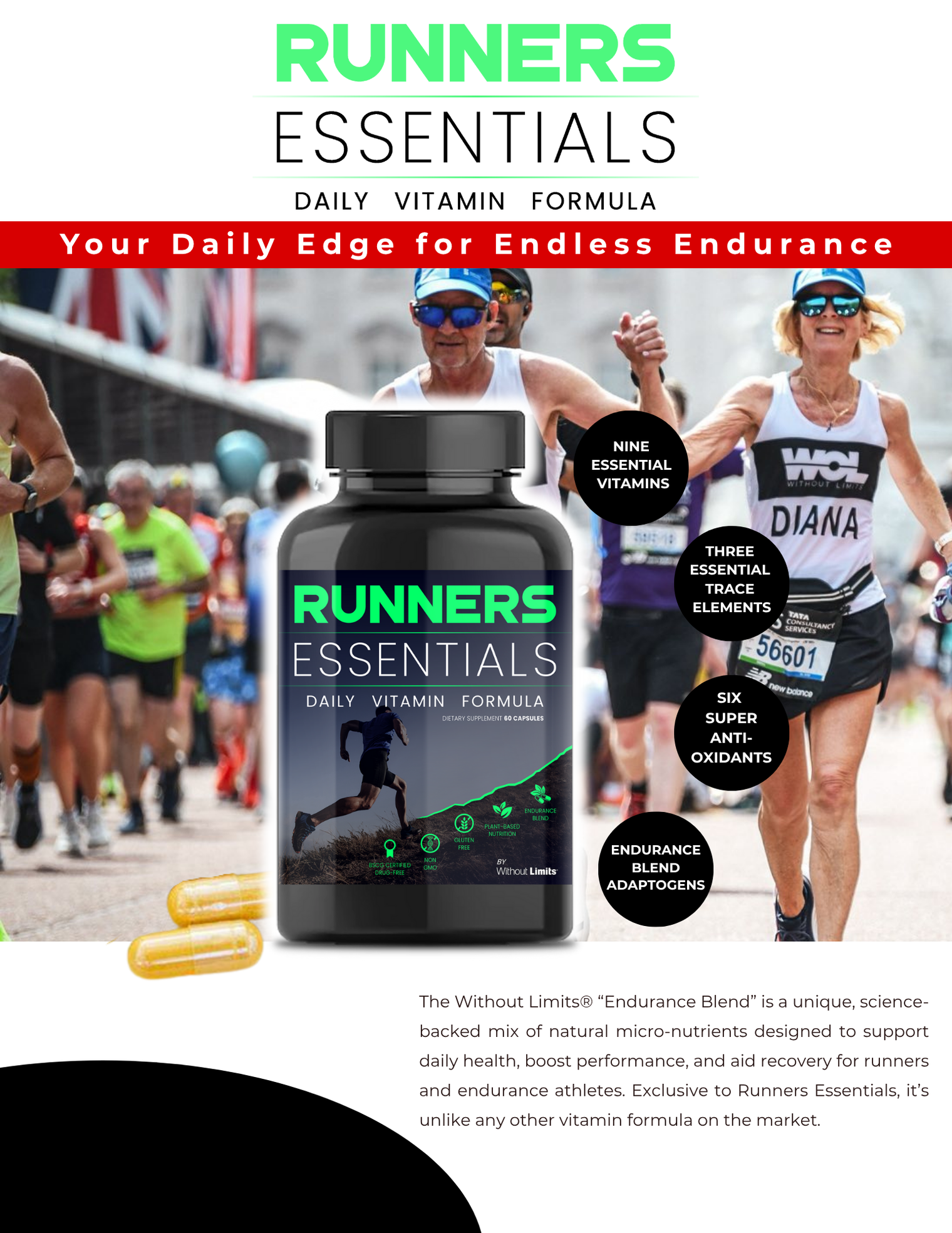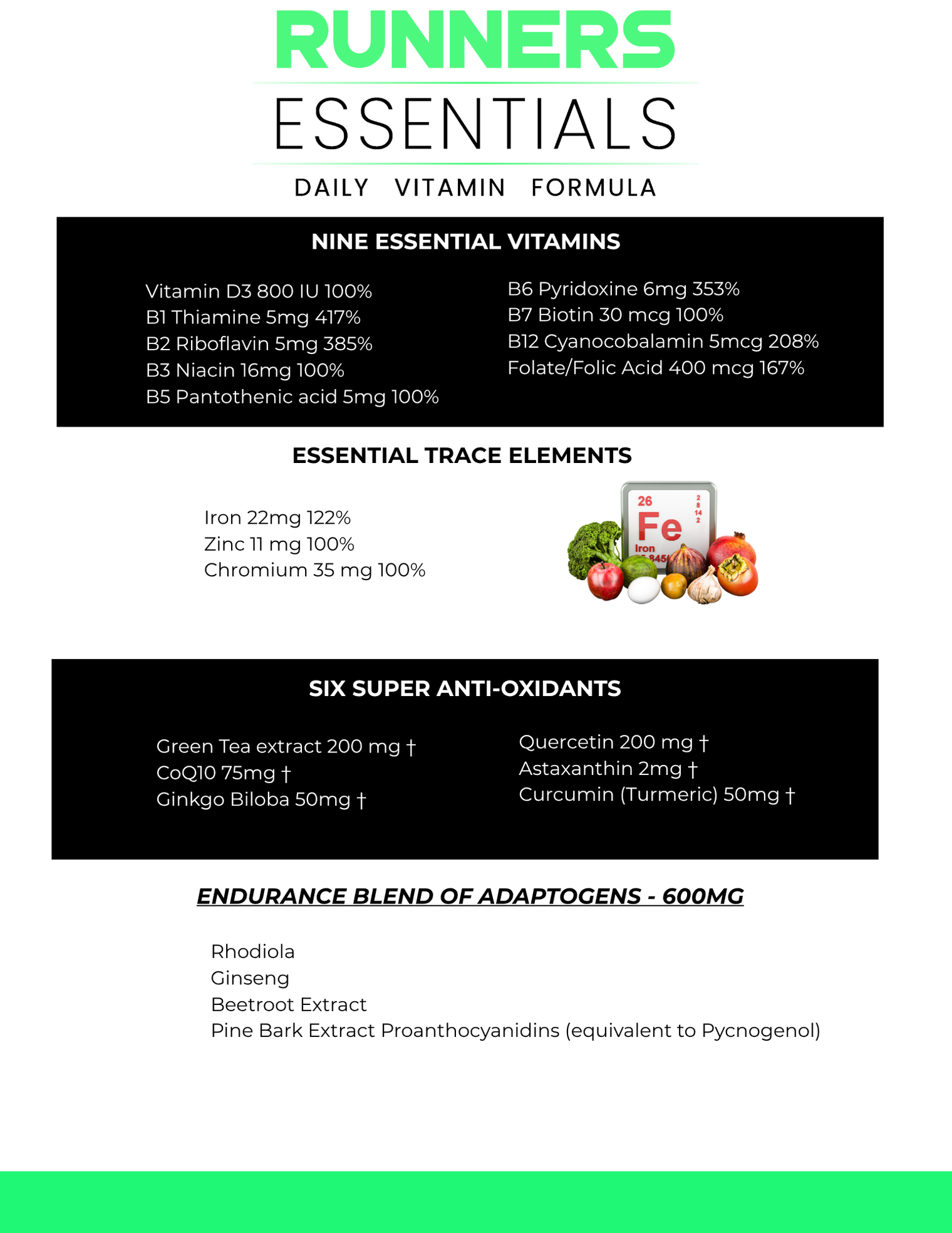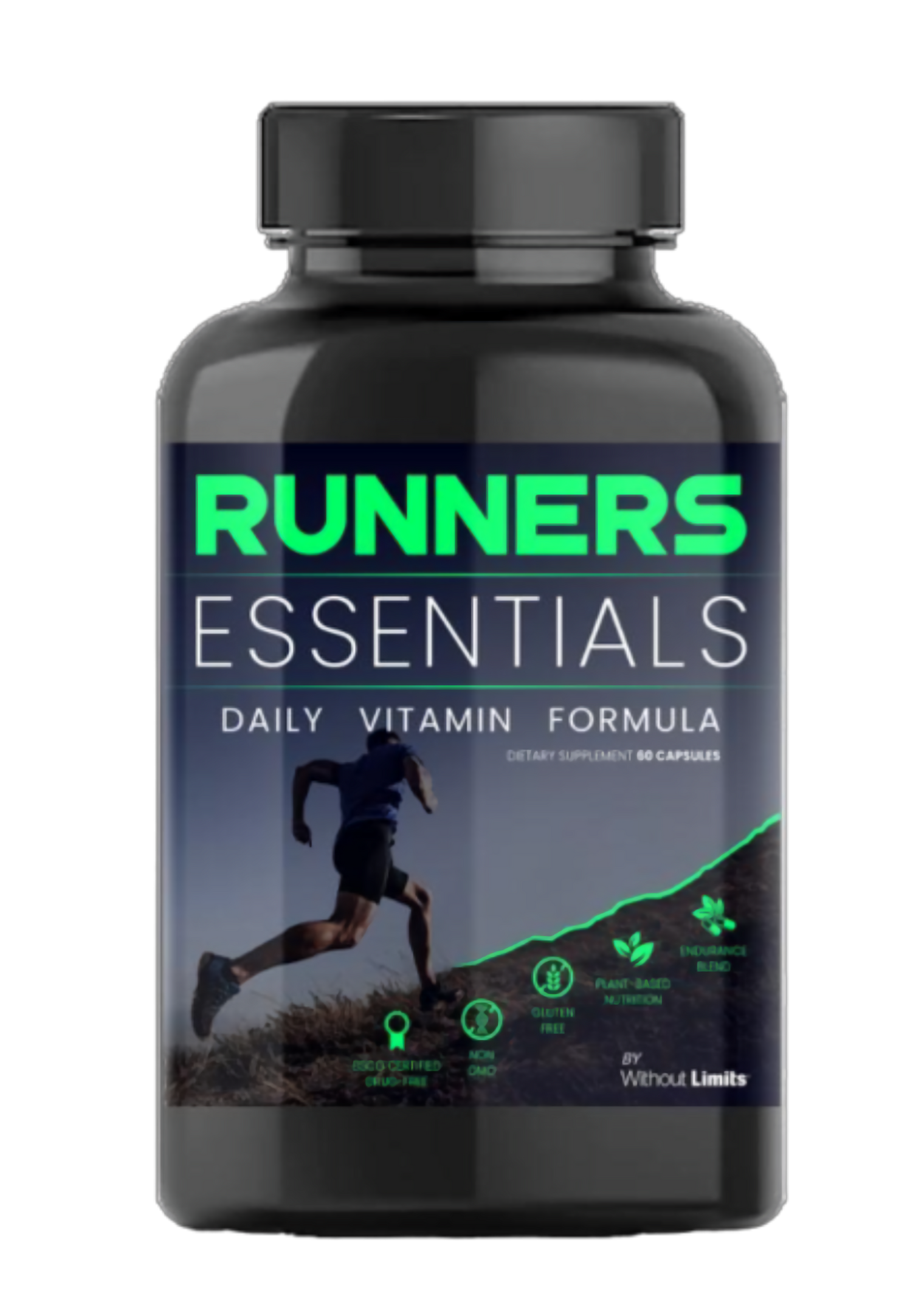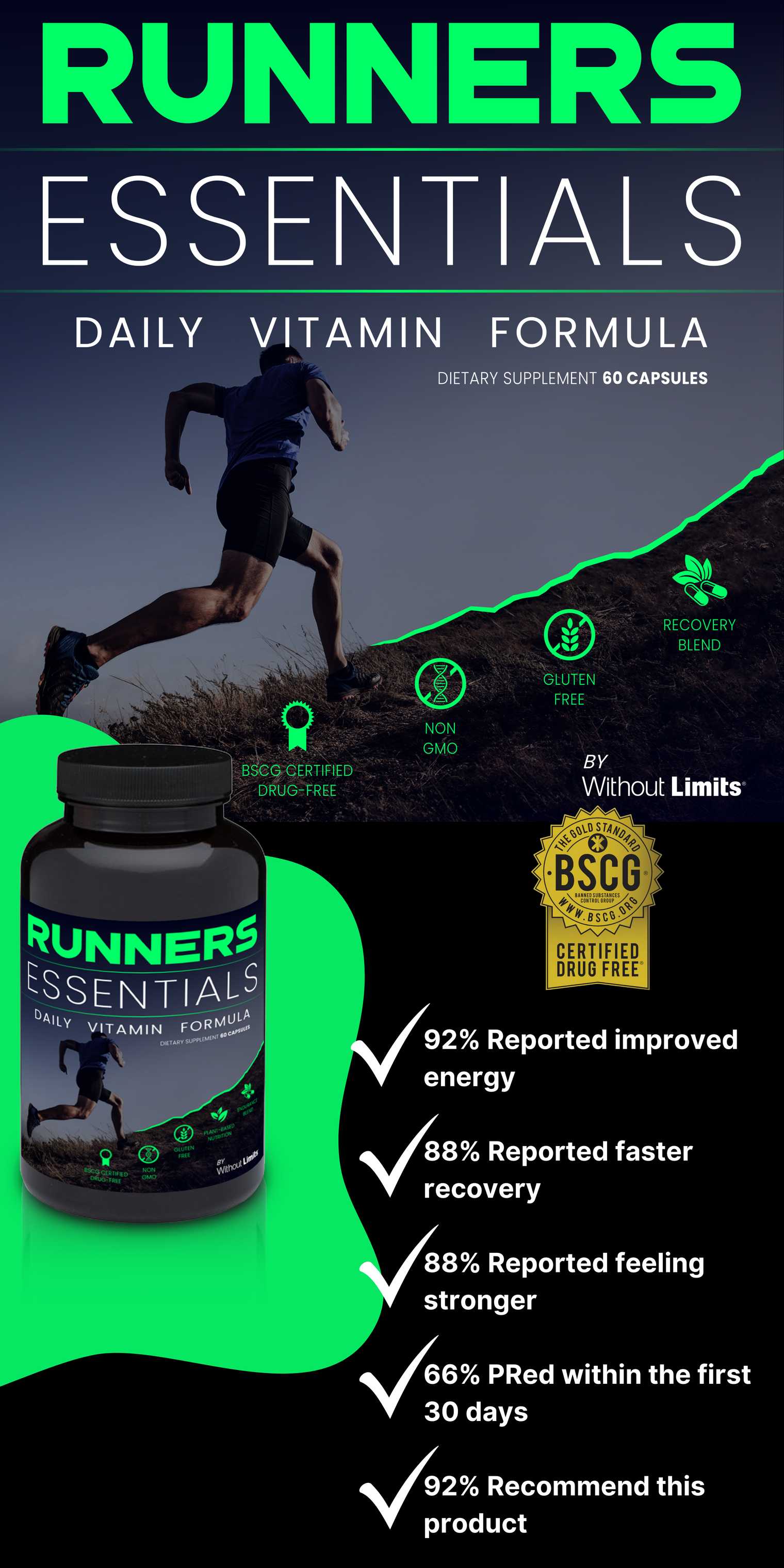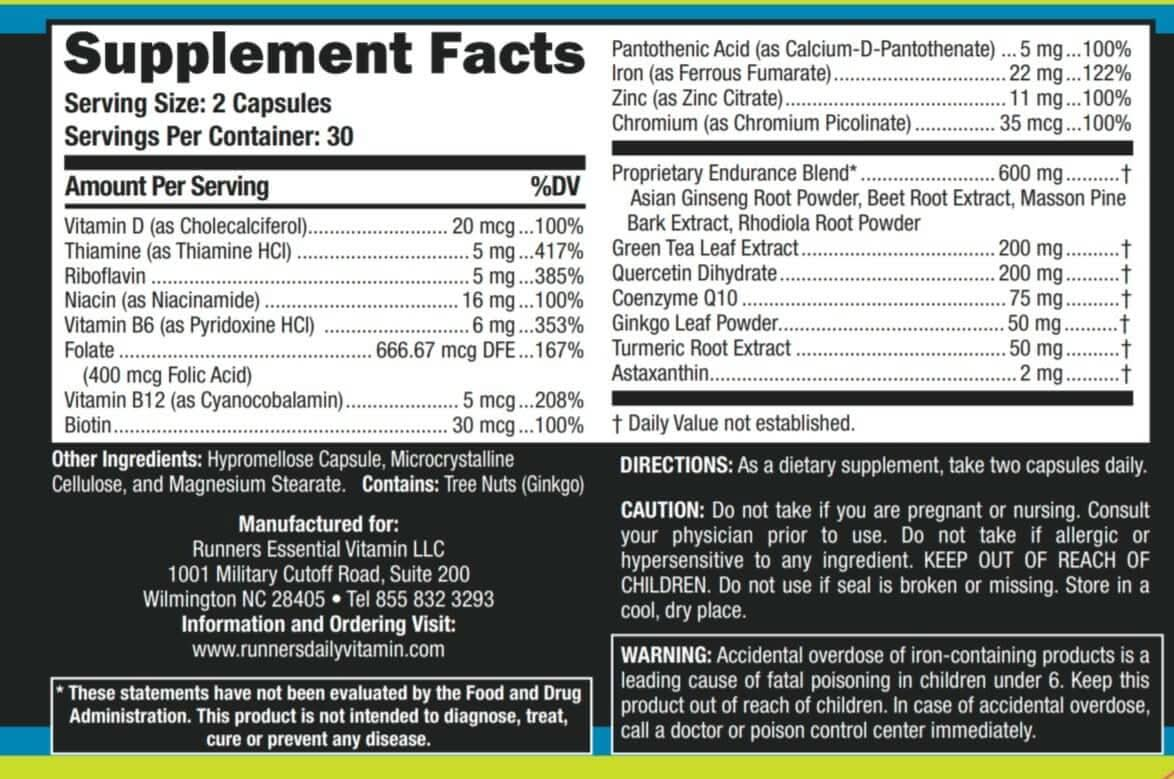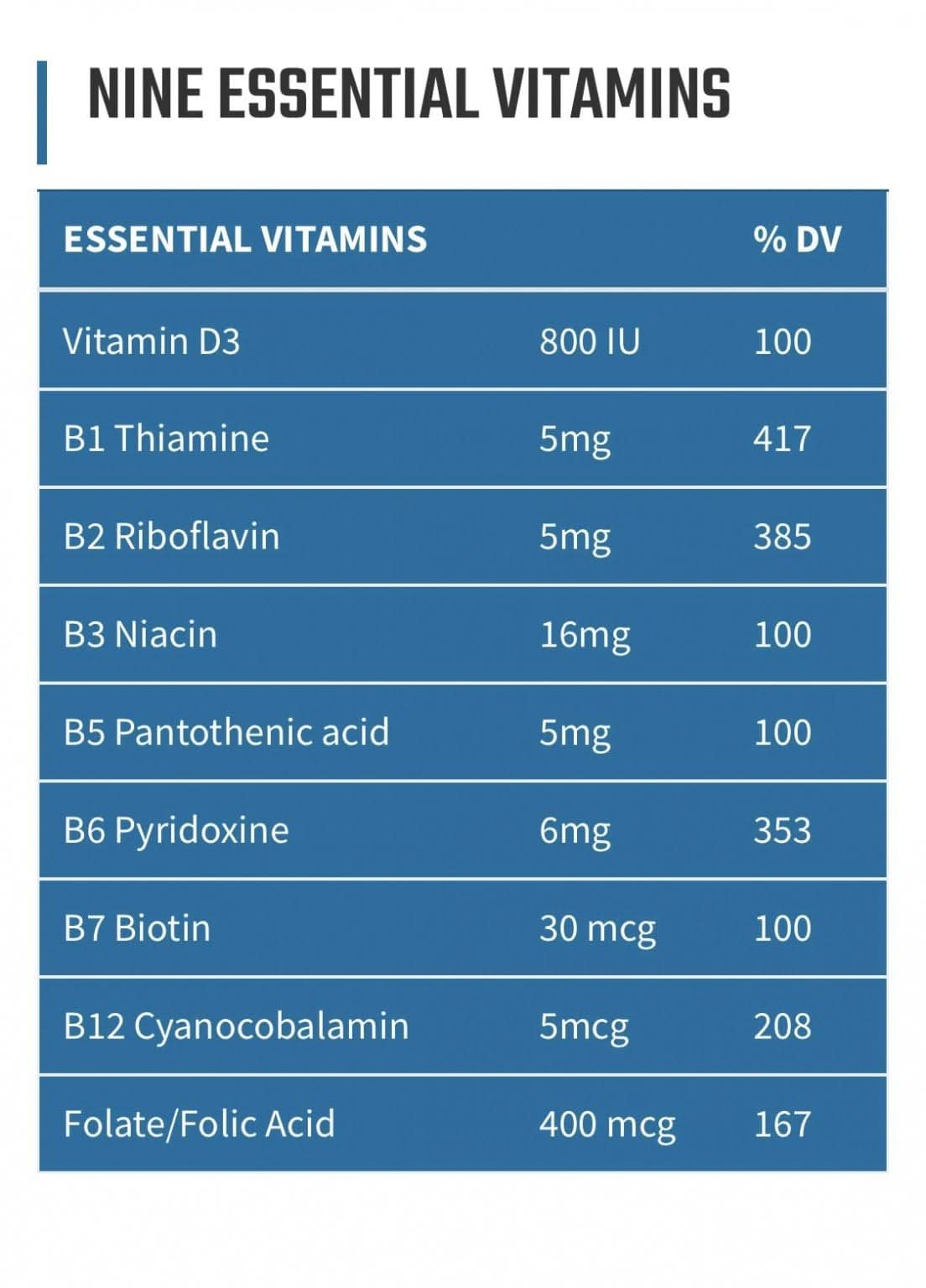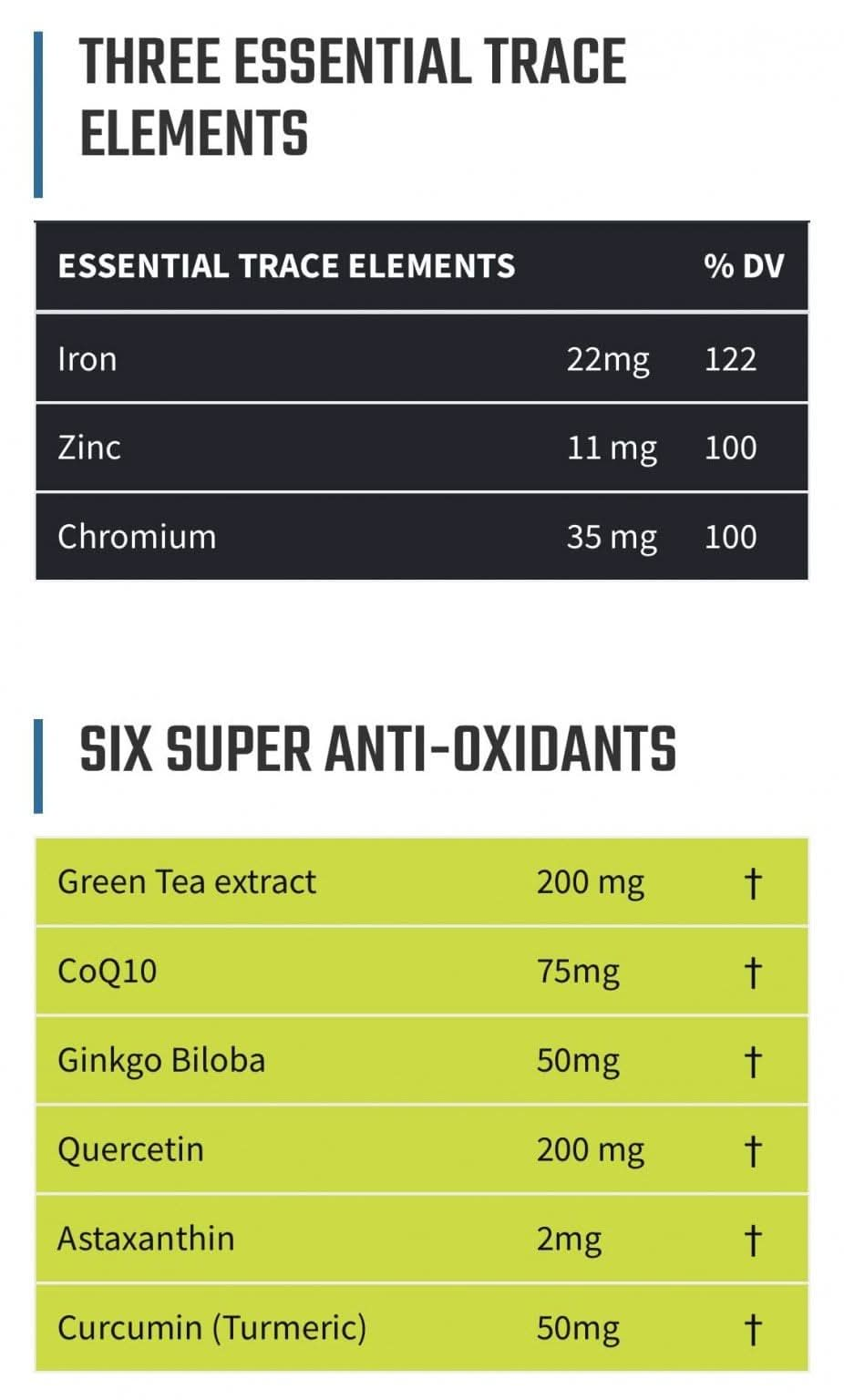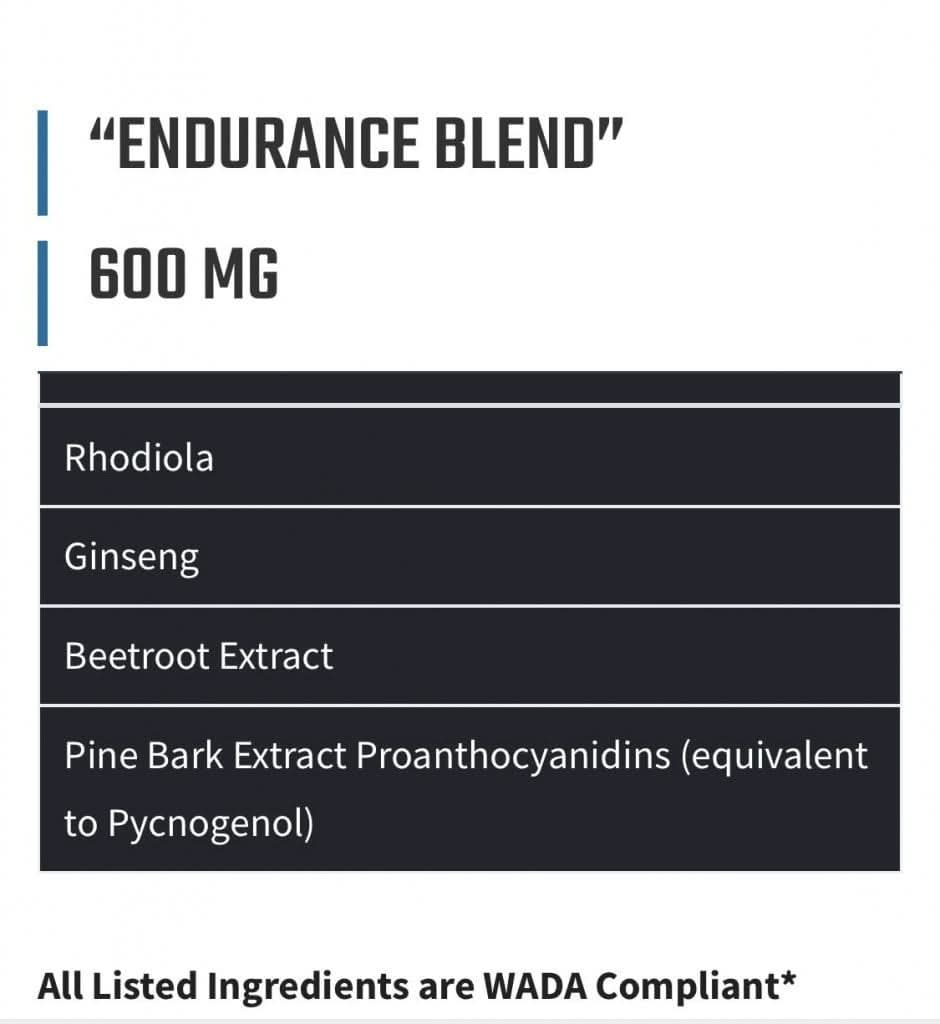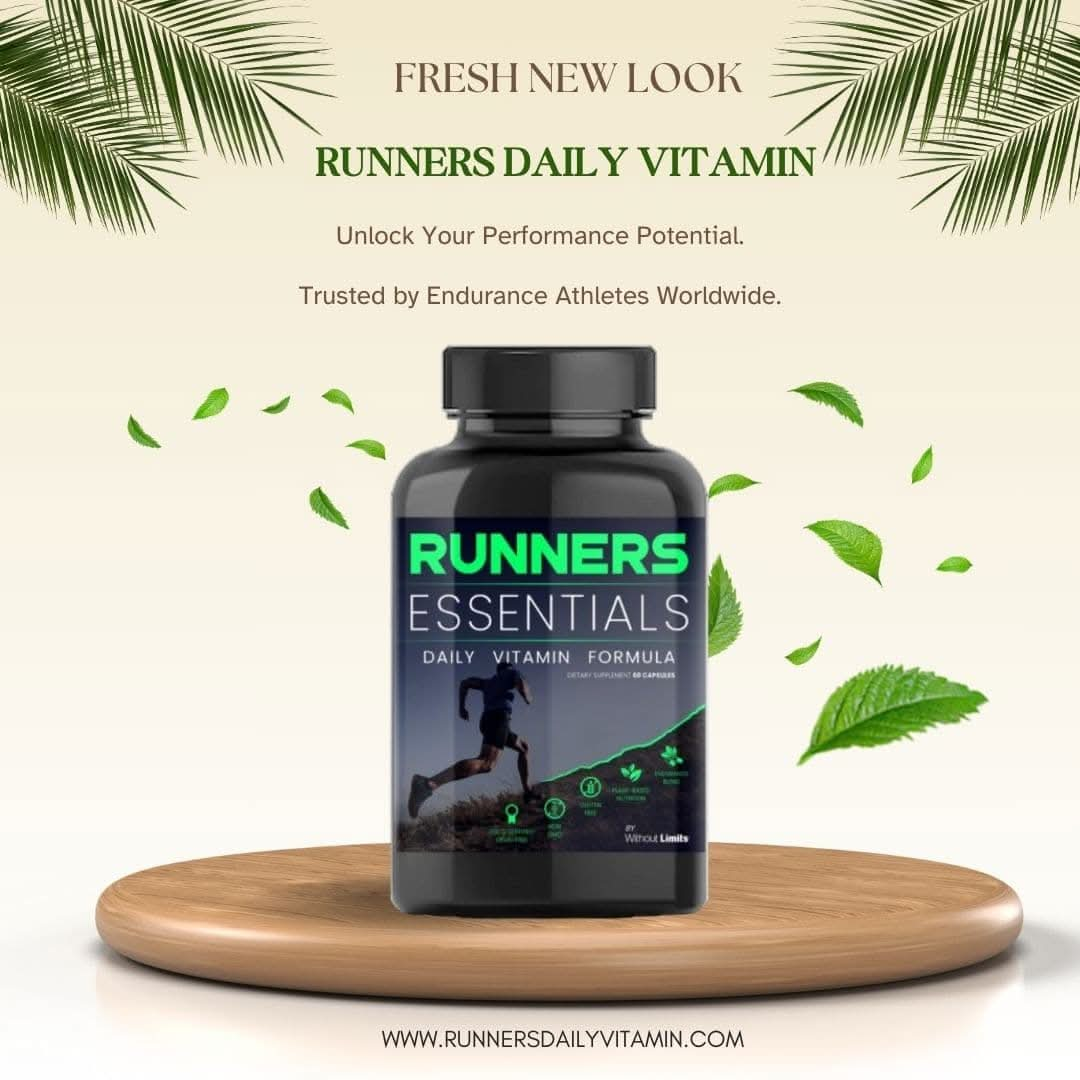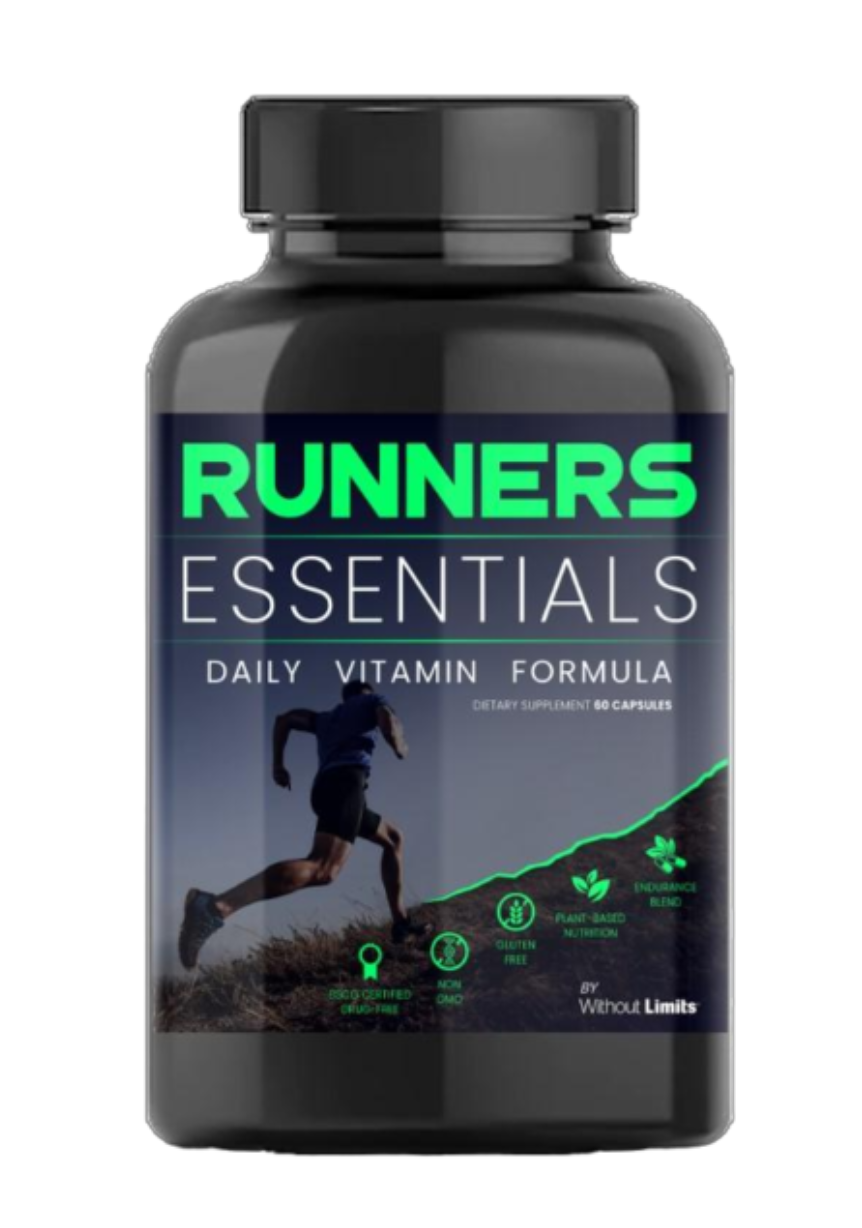Alex Hutchinson |
Two new studies on beet juice and VO2max highlight the limitations of sports science research that excludes female athletes.
The fact that most sports science research is conducted on men is no longer an under-the-radar secret or a surprising insight. As Christine Yu explained in an Outside article last year, this is a widespread and longstanding problem that plagues most health sciences. Still, the numbers in a new review managed to raise my eyebrows: apparently more than 100 studies of nitrate supplementation have been published with all-male participants, compared to just seven with all-female volunteers. That’s bad.
This particular topic piqued my interest because I’ve written a whole bunch of articles on the performance-boosting powers of nitrate-rich beet juice. Is all the advice I dispensed only useful for men? Given the paucity of data on women, that’s hard to say, but the new review, published in Applied Physiology, Nutrition, and Metabolism by Kate Wickham of Brock University and Lawrence Spriet of the University of Guelph, takes a stab.
The paper provides a nice overview of all the ways we already know that men and women differ physiologically. Men tend to be bigger, heavier, have a higher proportion of muscle rather than fat, and have muscle concentrated in the shoulders, chest, and lower glutes rather than the thighs. They also have higher hemoglobin levels, more fast-twitch muscle fibers, and less muscle capillarization. Women tend to have more fat stored in the muscles, and are able to burn that fat more effectively during exercise.
Whether any of this translates to beet juice differences isn’t clear. The way beet juice works is that nitrate in the juice is absorbed from the stomach and small intestine into your saliva, which then goes to your mouth where bacteria on your tongue convert it into nitrite. When you swallow the nitrite-rich saliva, the acid in your stomach helps convert it to nitric oxide, which then enters the bloodstream and works its endurance-boosting magic.
Based on the limited existing data, it appears that women get a bigger boost in nitrate and nitrite levels in their blood following a given dose of beet juice. This could be sex-specific physiology at work, or it could simply reflect the fact that women are generally smaller and thus get a higher relative dose from a bottle of beet juice. Women also seem to start with a higher baseline level of nitrite in their blood—but that could simply reflect dietary differences. A Dutch study, for example, found that highly trained female athletes tended to eat more nitrate-rich foods like leafy greens than highly trained men.
As to whether beet juice works to enhance endurance performance for women, there isn’t really enough data to draw a firm conclusion one way or the other at this point. Beet juice also has potential health effects like reducing blood pressure, with typical drops of 6 mmHG systolic and 3 mmHg diastolic. When you look at data from women only, though, the reductions seem to be smaller. Again, it’s not clear whether that’s because it’s working differently, or because the women tend to start off with lower baseline values of blood pressure.
As it happens, another new study on sex differences (or, as they call it “sex dimorphism”) was published earlier this month in Sports Medicine, with similar results. Candela Diaz-Canestro and David Montero of the University of Calgary reviewed studies of endurance training to improve VO2max, looking for data that included age-matched men and women. They ended up with eight studies with a total of 90 men and 85 women, following training programs ranging from 7 to 52 weeks.
The good news is that training works. After at least six weeks of training, you typically see increases of one to three metabolic equivalents, or METs, in VO2max. A MET is an estimate of your metabolism at rest. If you reach exhaustion in a treadmill test while burning 12 times more energy than you burn while lying on the sofa, your VO2max is 12 METs. Increasing your VO2max by just one MET reduces your risk of “cardiovascular events and all-cause mortality” by about 13 percent. (Yes, yes, you’ll still die eventually—it’s a statement of risk during a given time period.)
The bad, or at least puzzling news is that training seems to work a bit better for men than women. Overall, the men in the reviewed studies seemed to gain about half a MET more than the women, which is nothing to sneeze at. In a sense, this fits with the consistent observation that elite male endurance athletes have higher VO2max values than comparable elite female athletes after years and years of training, typically by about three METs. Conversely, though, women seem to get a greater health boost from a given increase in VO2max, so the health effects may balance out.
Is this difference nature or nurture (or, as they put it in the paper, “constitutional” or “environmental”)? It’s hard to tell from the traditional elite athlete data, since you never know whether the men simply trained harder or had other environmental differences, but the new matched training data suggests that there may be a hard-wired difference in how men and women respond to training. The authors go through some of the possible mechanisms that are involved in boosting VO2max, like increases in blood volume and hemoglobin, or the possibility that women’s hearts may be stiffer and less likely to change size and shape in response to training. But the bottom line is simple: there’s not enough data on women to figure out the answer. The same thing is true for a staggering number of other questions, and it will remain true until scientists start testing more women.
RECOMMENDED
- Study Shows This Type Of Exercise Is The Best For Your Brain
- Herbal Supplements and Benefits for Athletic Performance: Fact or Fiction?
- The Secret to Happiness is Changing Why You Exercise
For Runners. By Runners. Runners Essentials Daily Vitamin Formula. A Synergy of Science, Athletics and Nutrition. Learn more about our Proprietary "Endurance Blend" of Rhodiola, Ginseng, Beetroot Extract and Pine Bark Extract.
Mehr Artikel

How to Get the Most Out of Altitude Training
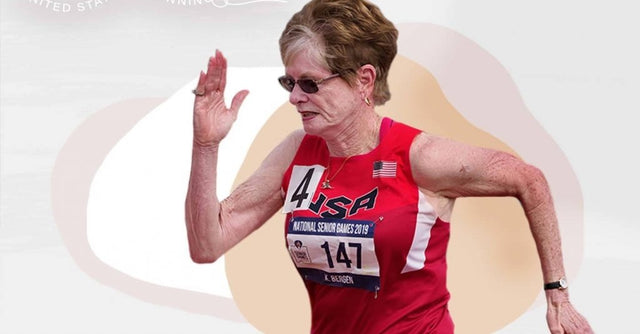
Meet the 80-year-old Runner Who's Broken 17 World Records - This is How She Trains
Set It and Forget It! Up to 35% OFF Single Bottle Price with a Subscription + Free Shipping.
A fusion of science, athletics, and nutrition that maintains an unwavering commitment to quality, content, and purpose. Our daily proprietary formula blends essential vitamins, potent antioxidants, and energy-boosting adaptogens.
Physician, Elite Athlete and Nutritionist formulated and grounded in real science.
- Manufactured in the USA in a GMP and NSF Certified Facility
- Non-GMO, Gluten Free, BSCG Certified Drug Free
- 22 All-Natural Ingredients with 12 Essential Vitamins and Minerals
- 6 Super Antioxidants and 4 Phytonutrients
- Physician, Elite Athlete and Nutritionist Formulated
